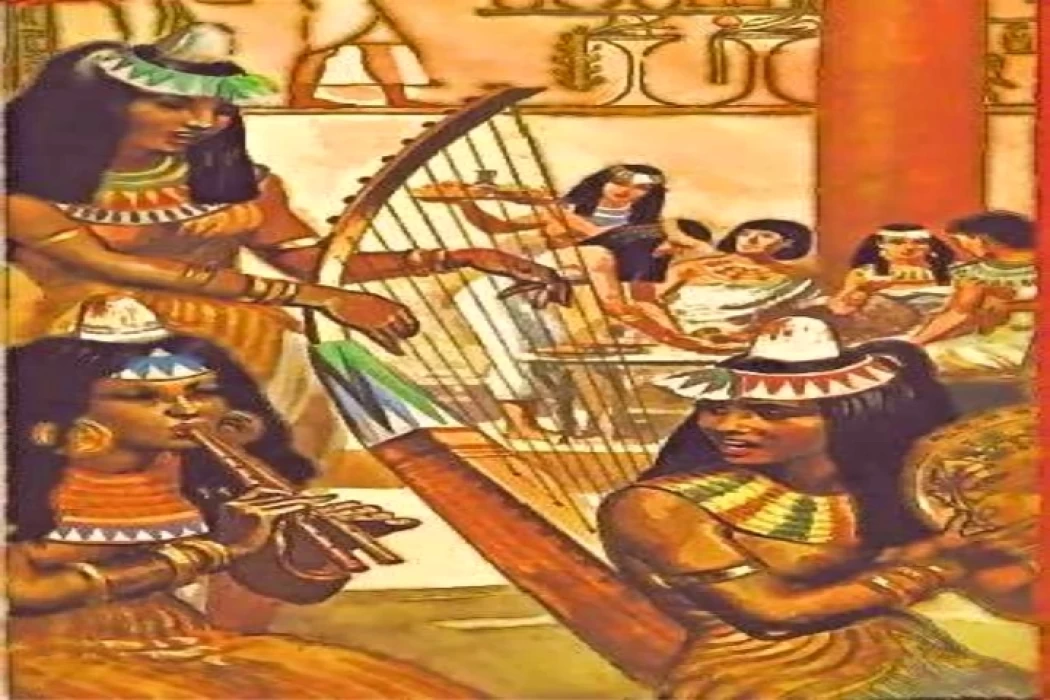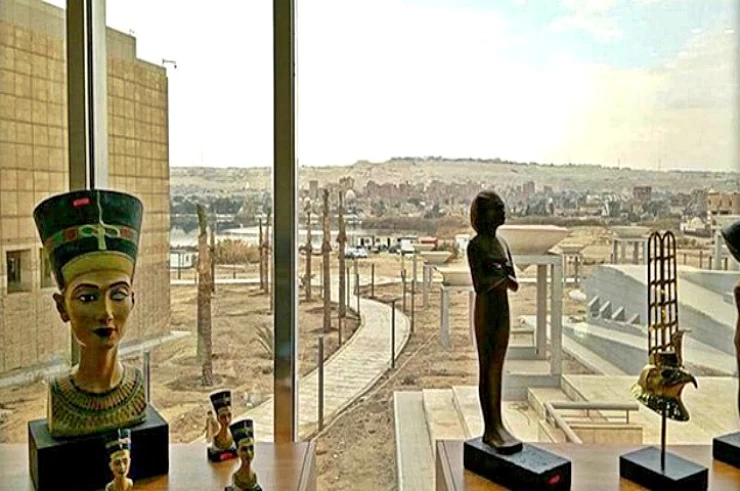
Music in the Ancient Egyptian Era
Music and singing in ancient Egypt
as the ancient Egyptians excelled in various aspects of life such as agriculture, industrial engineering, medicine, and others.
The ancient Egyptians knew music in the pharaonic era at a very early time, which is evident from the inscriptions and images engraved on the walls of the tombs of the kings of the ancient state.
in various aspects of life albeit little more, was religious (in temples)and funeral in orphanages and funerals in orphanages and funeral ceremonies for the deceased. Traditional Egyptian Music
But he also used it in his daily life for entertainment and joy, and to play on the heads of agriculture that are still present today, such as the flute, which are in tunes close to the sad melodies that the flute plays in our time.
He also used them in weddings and announcing the marriage ceremony, and was accompanied by dancing singing, and instruments Numeros musical instruments with its different factions (stringed/wind/percussion) for the necessity of gathering and entertaining pilgrims on happy occasions and to add a kind of joy and pleasure









-webp.webp)







